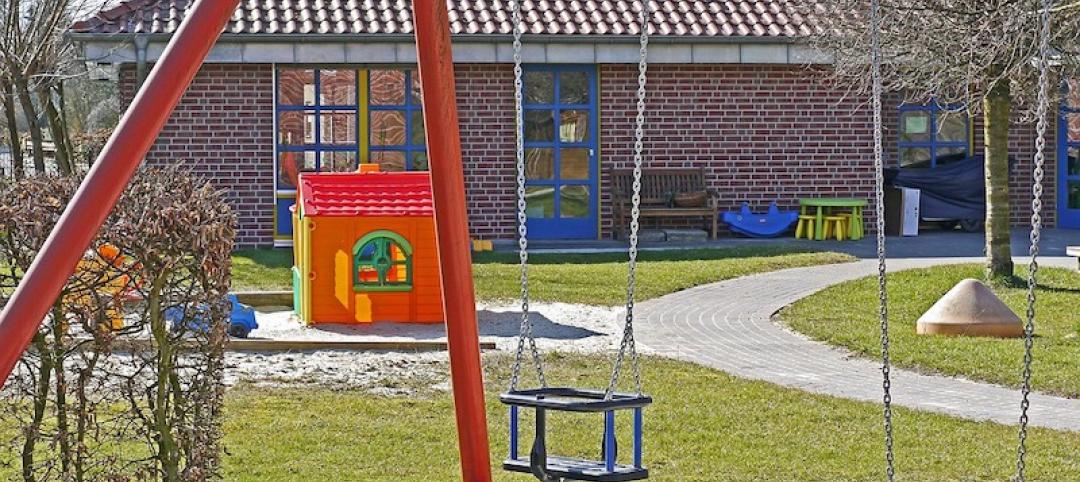A recent U.S. Supreme Court decision gives landowners a new way to challenge some federal regulatory decisions pertaining to wetlands designation.
The 8-0 ruling said landowners can go straight to court after federal regulators decide that a piece of property containing wetlands is covered by the Clean Water Act. The decision may streamline the approval process for people and companies seeking to develop wetlands.
The case involved a proposed peat-mining operation on 530 acres in Minnesota. The property owners and a mining company, Hawkes Co., are fighting a decision by the U.S. Army Corps of Engineers making the land subject to federal regulation.
The Obama administration argued that a landowner can’t sue until a permit application is rejected, or if the owner faces a federal enforcement action for proceeding without a permit.
U.S. appeals courts’ rulings had been divided on whether a regulatory decision involving restrictions on the use of property could be challenged immediately in federal court.
Related Stories
Codes and Standards | May 15, 2019
OSHA inspections to increase, says Secretary of Labor
Newly hired inspectors getting up to speed.
Codes and Standards | May 14, 2019
Database records more than 1,360 K-12 school shooting incidents since 1970
Naval Postgraduate School program maps locations nationwide.
Codes and Standards | May 13, 2019
In many cities, downtown housing comes with a hefty premium
Urban core living costs hundreds of thousands more in largest U.S. cities.
Codes and Standards | May 7, 2019
San Francisco plan would require largest commercial buildings to use 100% renewable electricity
First in the U.S. mandate would be phased in from 2022 to 2030.
Codes and Standards | May 7, 2019
ABC says best practices can improve construction companies’ safety by 680%
Daily ‘toolbox safety talks’ were most effective safety measures.
Codes and Standards | May 7, 2019
Office noise significantly reducing employee concentration, productivity, and creativity
Workplace distractions cause some to choose to work remotely.
Codes and Standards | May 7, 2019
WSP USA says it will be carbon neutral in 2019
Engineering firm will offset carbon at all offices and with employee business travel.
Codes and Standards | Apr 25, 2019
Report: Contractors invest $1.6 billion in workforce development annually
ABC members increased training spending 45% from 2013, according to a new report.
Codes and Standards | Apr 25, 2019
New York City’s Green New Deal would ban all-glass skyscrapers
The ambitious plan would also boost affordable housing, reduce building emissions, and update codes to account for sea level rise.
Codes and Standards | Apr 25, 2019
Chicago, Houston, and Dallas deemed ‘most dangerous cities for migratory birds’
The three cities are in the heart of North America’s most trafficked aerial corridors.

















